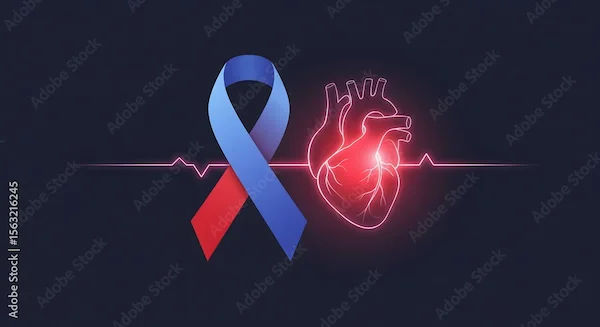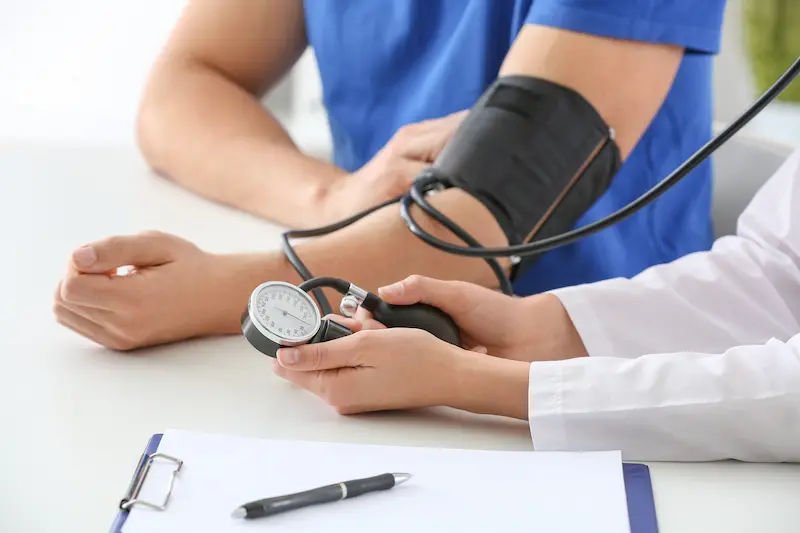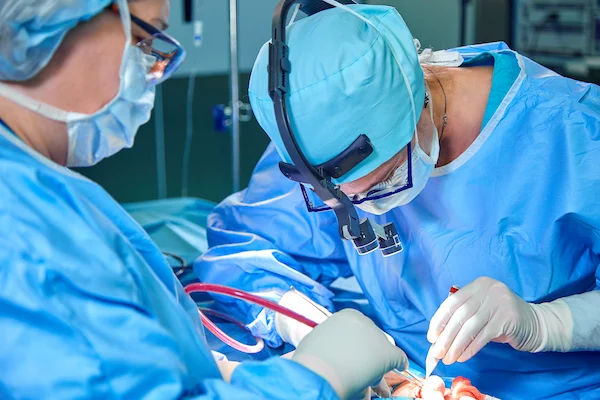- Female
- 28 Years
- 22/01/2025
I've been taking some medication for high blood pressure and a high heart rate, which was prescribed for a month. After just a couple of days, my BP and heart rate are back to normal. Do I still need to keep taking the tablets for a full month even if everything seems okay now? Is there a chance the medicine could make my blood pressure and heart rate drop too low?
Answered by 1 Apollo Doctors
It is important to continue taking the medication for the full duration as prescribed by your doctor. Abruptly stopping the medication can lead to a sudden increase in blood pressure and heart rate. The medication is likely helping to regulate your blood pressure and heart rate, so it is important to complete the full course to ensure long-term control. It is unlikely that the medication will cause low blood pressure and low heart rate now, especially if your levels are currently normal. However, if you experience any unusual symptoms or side effects, it is important to consult your doctor for further evaluation and guidance.
Dr. Dr Khaleel Suggests...
Consult a Cardiologist
Answered 04/07/2025
0
0

More Cardiology Health Queries
View allI'm concerned because my mother-in-law is scheduled for pacemaker surgery soon, and we recently lost a relative after a similar procedure. I'm really worried about what to expect. Whats the success rate of pacemaker surgeries? Are there usually a lot of complications afterward? And is it possible for someone to live normally after getting a pacemaker? Would love some guidance on what we should be prepared for.
Pacemaker surgery is generally considered a safe and effective procedure with a high success rate. Most patients experience significant improvements in quality of life and symptom relief after the surgery. While complications can occur, they are relatively rare and may include infection, bleeding, or issues with the pacemaker leads. Most people can live a normal, active life with a pacemaker, but it's important to follow the cardiologist's recommendations and attend regular follow-up appointments to ensure the device is functioning properly. Discuss your concerns with the cardiologist at Medanta Hospital to understand the specific risks and benefits in your mother-in-law's case.
Answered by 1 Apollo Doctors
My brother's been taking Olmezest H20 for his blood pressure, but sometimes it still shows high readings. The doctor recommended adding Amlodipine 5 mg to his routine. I'm wondering if that's a good idea or if switching to Olmezest H40 might be better. What do you think?
use amlodipine 5 mg
Answered by 1 Apollo Doctors
Is mitral regurgitation something that can be cured? I'm having a really hard time with daily activities because of symptoms like chest pain, feeling like I might faint, lightheadedness, and shortness of breath. What should I do? Can you help me figure this out?
Mitral regurgitation (MR) is a condition where the heart's mitral valve does not close tightly, causing blood to flow backward in the heart. Treatment for MR depends on the severity of the condition. In your case, with symptoms like chest pain, near fainting, lightheadedness, and shortness of breath, it is important to seek medical attention promptly. You may be prescribed medications such as Lisinopril (brand name: Zestril) to help reduce the workload on your heart and manage symptoms. Additionally, you may be advised to take Furosemide (brand name: Lasix) to reduce fluid buildup in your body and relieve symptoms like shortness of breath. In severe cases of MR, surgical intervention may be necessary to repair or replace the mitral valve. However, the treatment plan will be determined based on a thorough evaluation by a healthcare professional. It is crucial to follow their recommendations closely for optimal management of your condition.
Answered by 1 Apollo Doctors
Disclaimer: Answers on Apollo 247 are not intended to replace your doctor advice. Always seek help of a professional doctor in case of an medical emergency or ailment.




